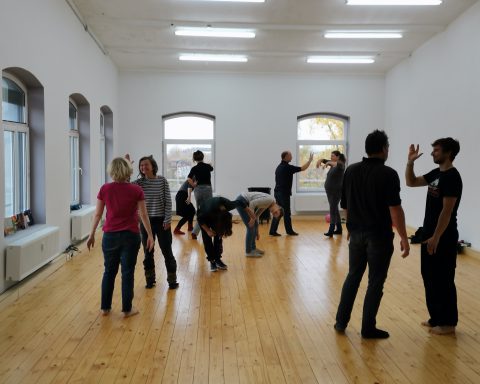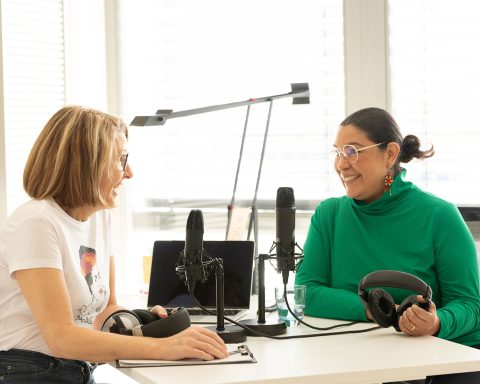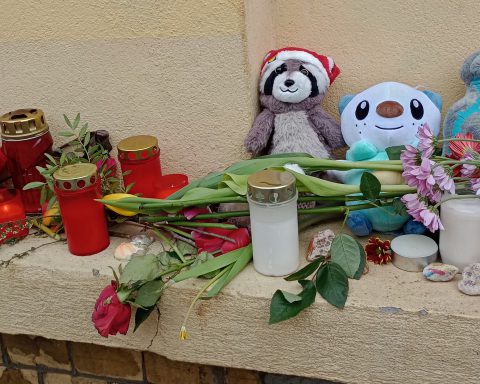TiMMi is my baby. “Ti” comes from Tina, which was my nickname in Australia, and “Mi” comes from Milindee, an Australian friend of mine who has been working on it with me. After finishing my PhD in business ethics, for which I spent a long time thinking about the effects of business in society from a theoretical perspective, I felt the need to do something practical. So I came up with what I like to call “the BlaBlaCar for your packages:” By sending deliveries with people who are going that way anyway, deliveries can be made from door to door, any time of the day or night. It also means that the amount of extra CO2 emissions created for a delivery are kept to a minimum.
TiMMi came out of the drive to make a positive contribution toward helping resolve a few societal challenges.
First, the transport of goods from a retailer to the final consumer already contributes 8.1% to global CO2 emissions and the trend towards online purchasing is growing. While there are diverse approaches to offsetting CO2 emissions, in order to reach the goal of limiting global warming to a maximum of 2 degrees Celsius, it’s vital that we find ways to avoid CO2 emissions at the outset. In addition to that, the logistics branch in Germany is infamous for its poor working conditions, where delivery drivers work hard to earn approximately 40 cents per package they deliver.
Last but not least, in the process of mulling over the idea and trying to find the way forward, it reached my ears that there was an urgent need for a better way to deliver donations and resolve various other logistical challenges for the refugees in Leipzig.

Hence, TiMMi was born. We quickly put a very basic version of the platform online at timmi.io., where .io stands for Indian Ocean, and we chose it for the pragmatic reason that .com and .de were taken, but it has since become a point of curiosity for many people. We have since recruited some drivers to fill jobs for the Sachspendenzentrale run by the Flüchtlingsrat, as well as for the Diakonie, the Malteser and the Heilsarmee. We also work with ankommen.eu, a platform that enables refugees who have received their own four walls in Leipzig to gain access to donated furniture. Often, the Leipzig local donating a fridge or bed is unable to provide transport and that’s where TiMMi comes in. This cooperation has been highly rewarding for all involved. After a delivery, TiMMi Transporters generally stay for a chat and a coffee to make sure that work and play stay in a healthy balance.
The deliveries for the refugees are done on a volunteer basis by the various different drivers, so they bear the costs; there is no payment. However, as of December 20th – as we’ve reached full functionality of the Web site – all registered users can upload jobs that they need done, and offer the drivers payment. Drivers can decide whether or not they take any delivery jobs offered to them. As with the voluntary deliveries for people in need, the use of the platform is free of charge for individuals – though of course individuals will be requested to offer some form of reward or compensation to encourage other users on the platform to take on their delivery.
I’m really happy that we’ve been able to make ourselves useful as a charitable organization, and we will be expanding this operation to other German cities throughout 2016. Now comes the test as to whether we can survive on our own two feet in the future as a social entrepreneurship venture. We were stoked to be accepted into the Social Impact Lab in Leipzig and move in on January 4th, 2016. In the future, we want to reach out to companies that are known for doing business ethically as customers to offer them a delivery service that lives up to their strong reputation. If all goes well with this approach in Germany, then the sky is the limit for what TiMMi can do. 😉

So watch this space,
You can sign up to become a TiMMi Transporter or request a delivery here.
By Christina Kleinau










